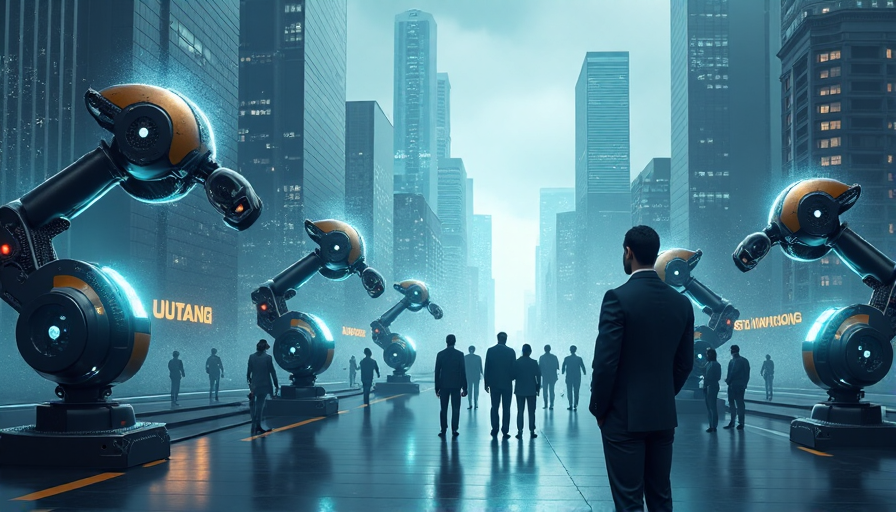
Navigating a New Era of Work: AI and Robotics Redefining the Future
A Glimpse into the Changing Workforce
Senator Bernie Sanders has issued a stark warning to American workers: the nature of employment as we know it is on the brink of dramatic transformation. Speaking at a recent CNN town hall with Anderson Cooper, Sanders painted a vivid picture of a future where artificial intelligence and robotics take center stage, reshaping the job market in ways most have never imagined.
Imagine waking up one day to discover that your current job has been rendered obsolete by a machine. This isn’t a scene from a dystopian movie, but rather a very real possibility that Sanders insists society must prepare for in the next 10 to 15 years.
The Warning: Beyond the Headlines
During the town hall, Sanders drew attention to actions taken by tech mogul Elon Musk under the previous administration. He recalled Musk’s decision to dismiss federal employees from the Department of Government Efficiency as a precursor to bigger shifts. "If Musk can do this to federal employees, what do you think he's going to do when artificial intelligence and robotics come for your job?" Sanders questioned. His remark underscores a broader concern: the exponential growth of technology might prioritize profits over the welfare of the average worker.
Profits, People, and the Pivotal Role of Technology
Sanders was unequivocal in his criticisms of tech elites. He argued that while innovations in AI and robotics hold immense promise, there is a looming risk they could serve the interests of billionaires rather than the working class. "I am not a Luddite," he clarified, emphasizing that these advancements must be harnessed to benefit everyone, not just a select few.
His concerns have gained further traction in light of recent developments. This week, Shopify CEO Tobi Lutke announced that the company would only bring in new hires if they can demonstrate that AI cannot perform the role. Such actions spotlight the increasing dependence on technology and raise urgent questions about the future stability of traditional employment.
Looking Ahead: A Call for Preparedness and Equity
Sanders’ remarks resonate as a cautionary tale for the nation. The senator urges policymakers, business leaders, and workers to consider the long-term implications of rapid technological change. As industries evolve, the challenge remains: ensuring that technological benefits are equitably shared and that the workforce is equipped to navigate a landscape where the traditional notion of a job may soon be obsolete.
In Summary: Sanders calls on everyone to not only be aware of the impending technological disruption but to actively shape a future where innovation lifts all segments of society rather than deepening existing inequities.
Note: This publication was rewritten using AI. The content was based on the original source linked above.